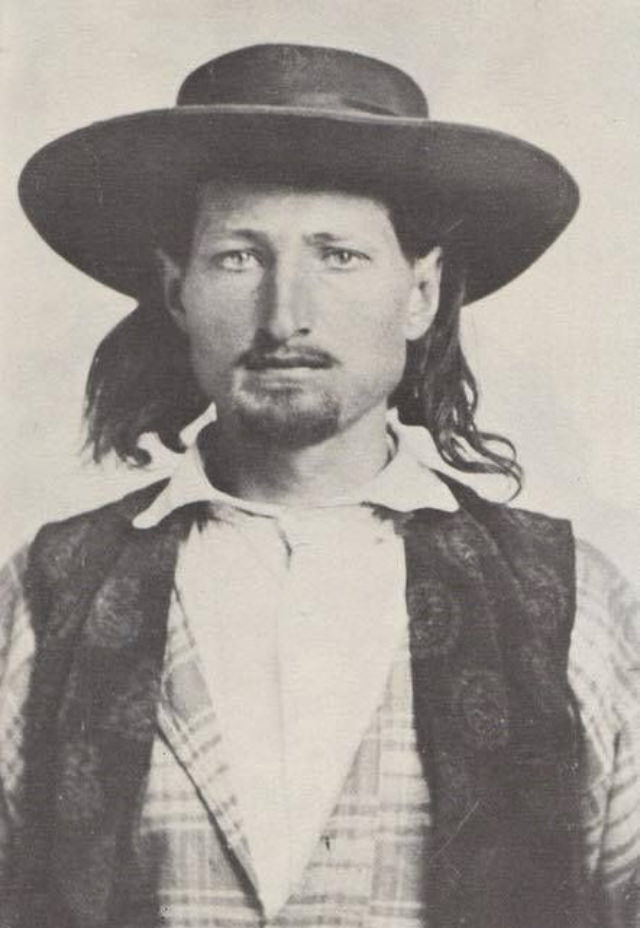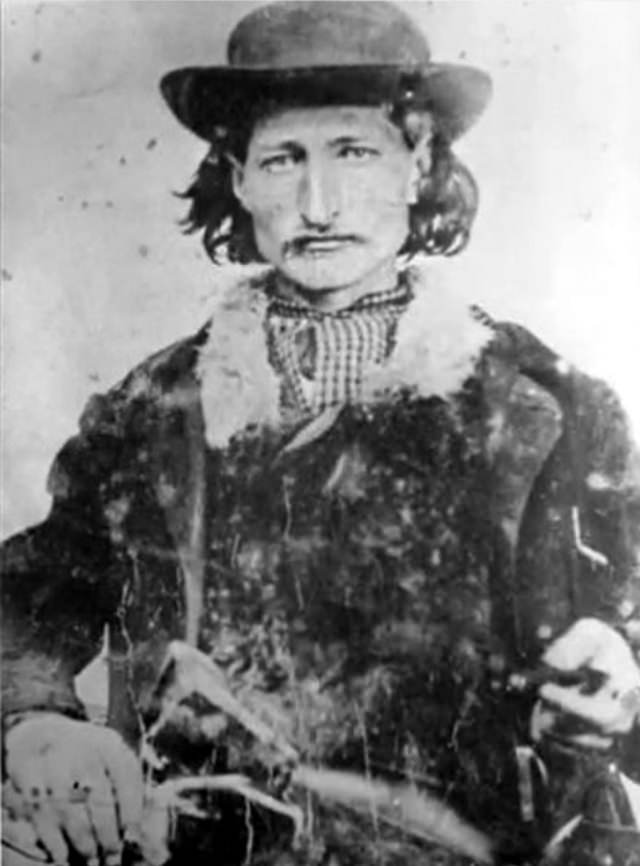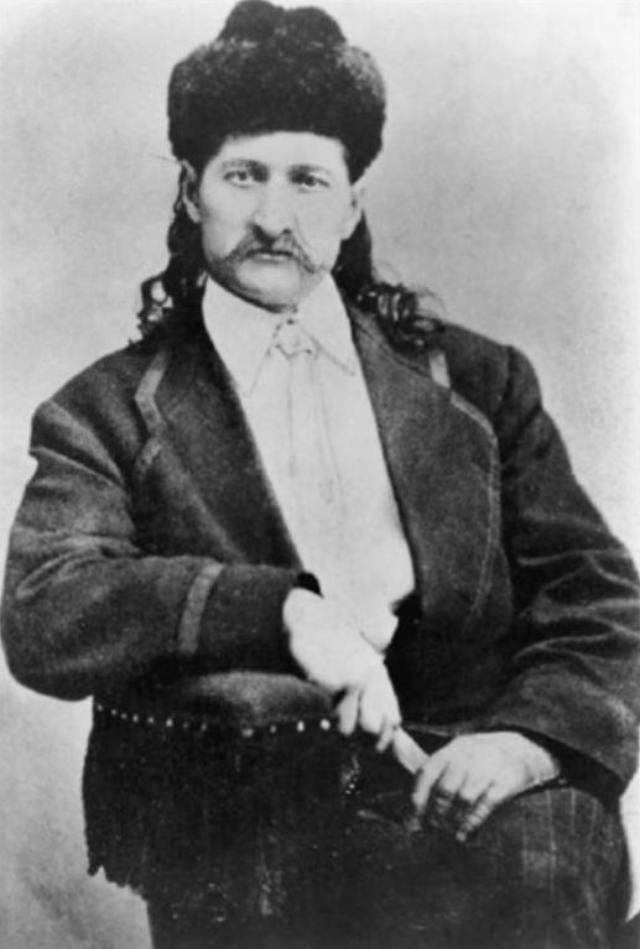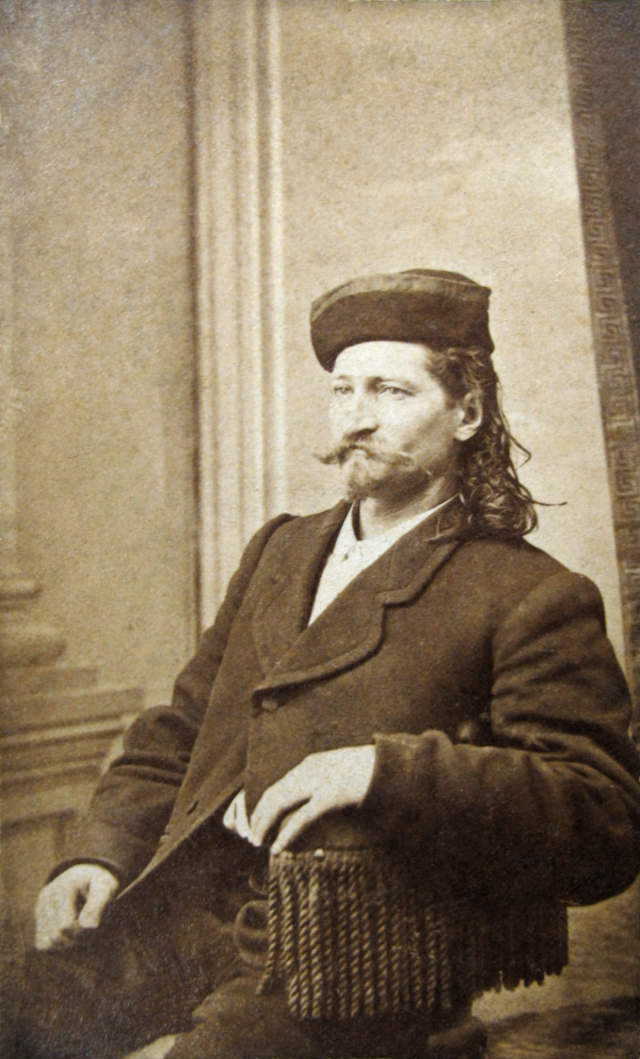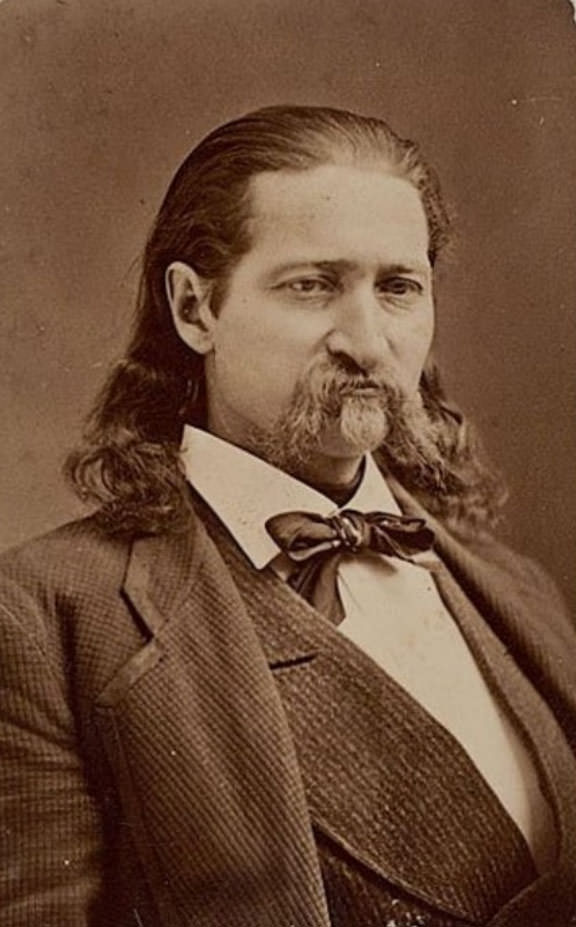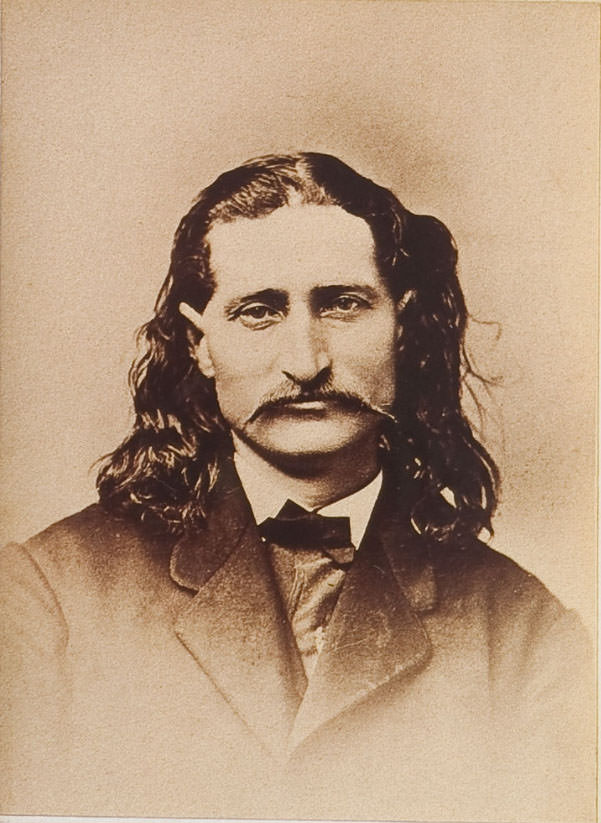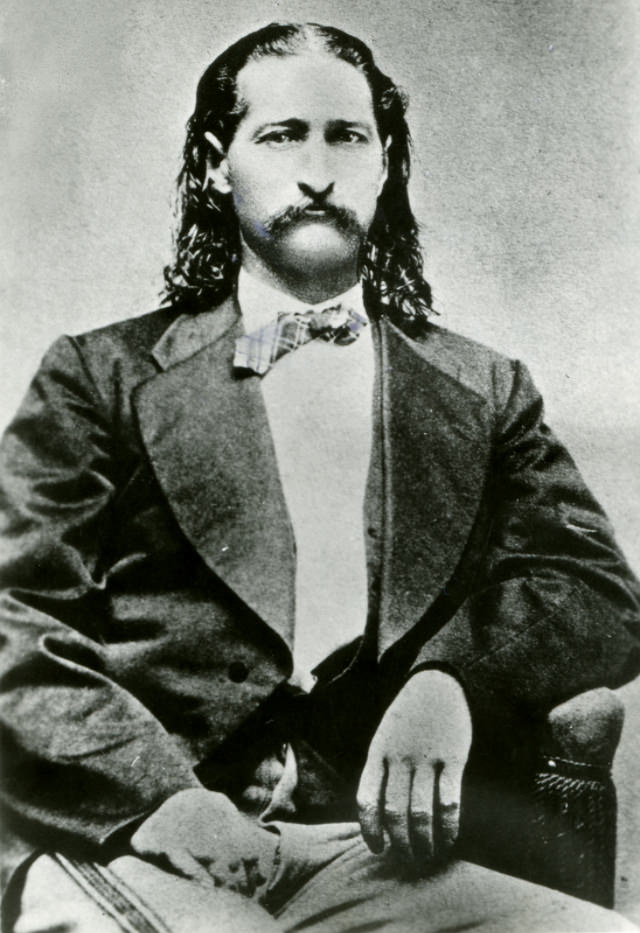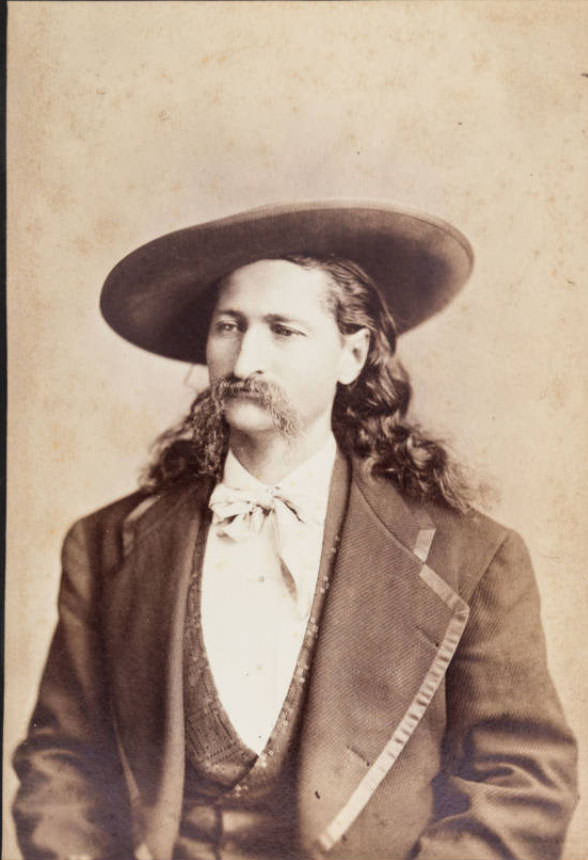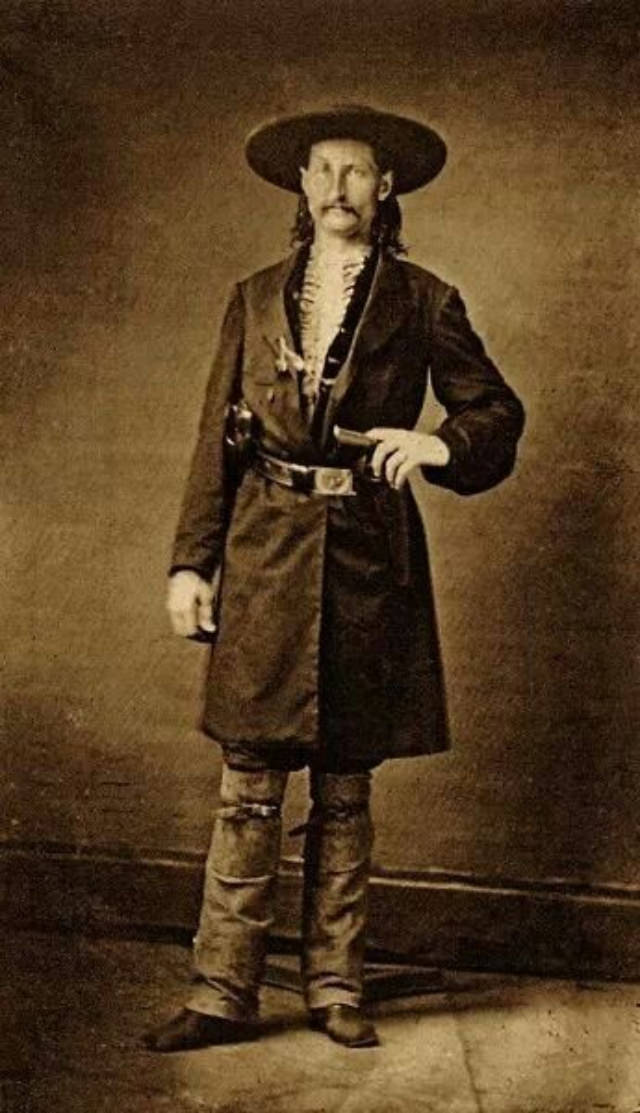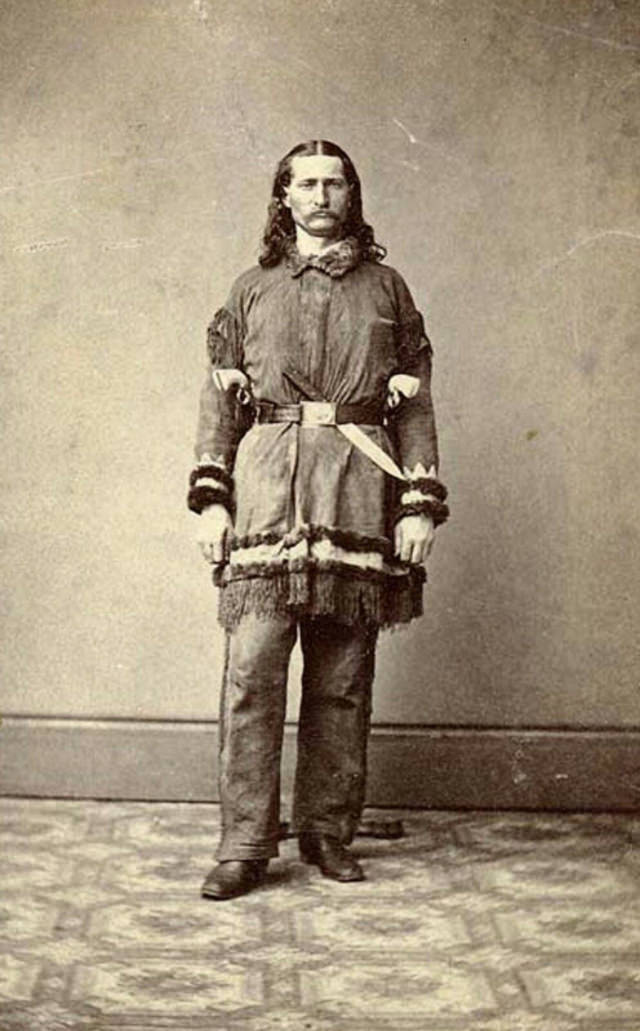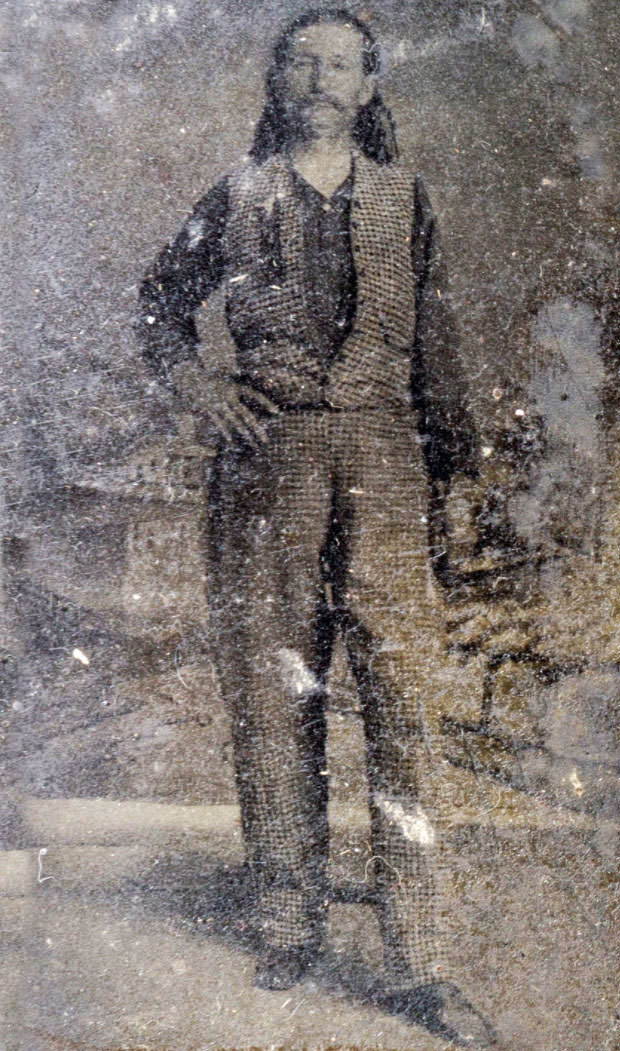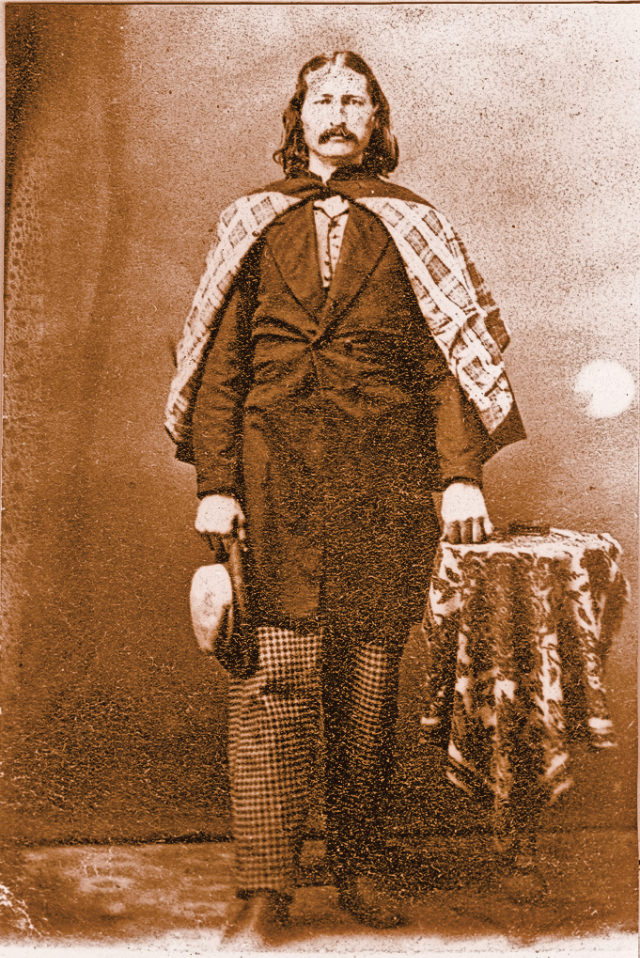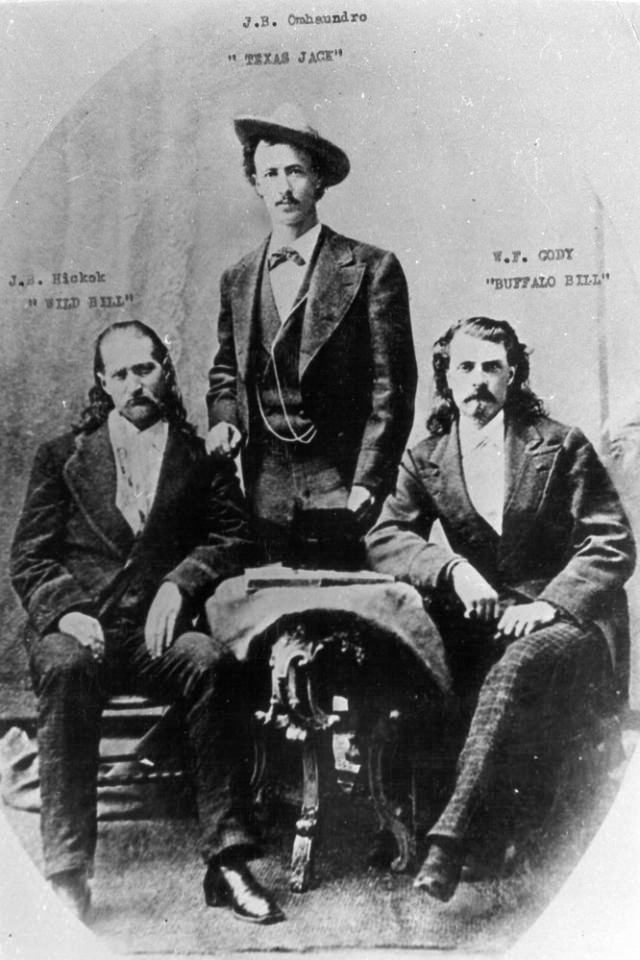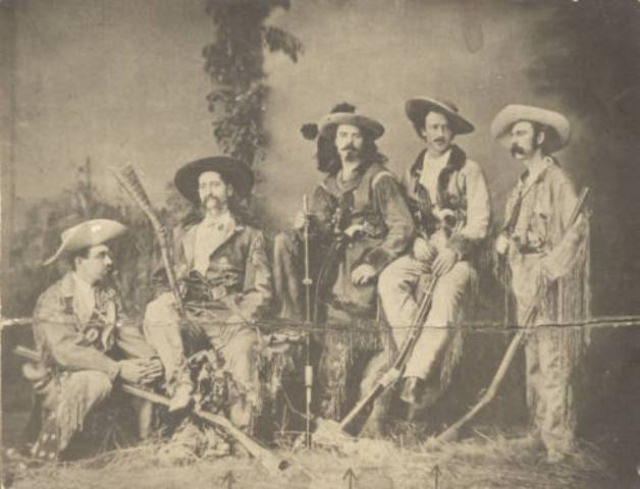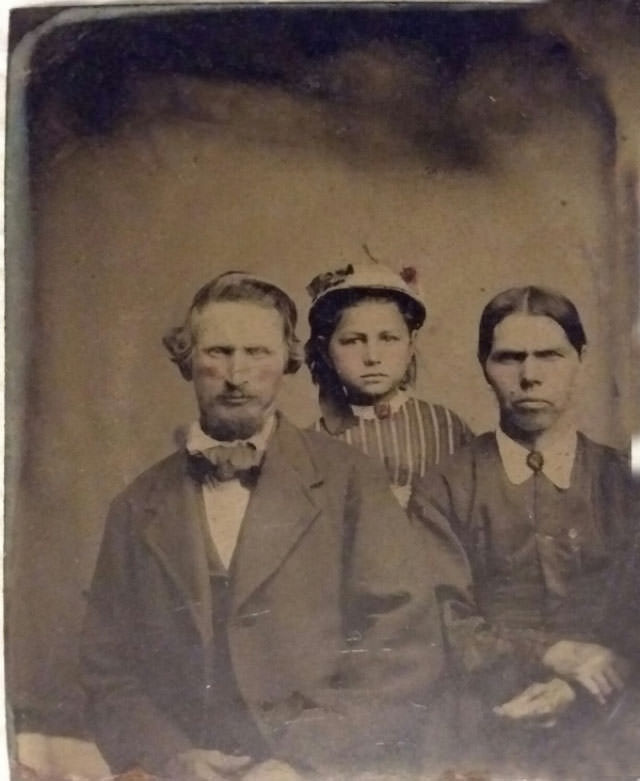The legendary frontiersman Wild Bill Hickok, also known as James Butler Hickok, was known for his life on the frontier as a soldier, scout, lawman, gambler, showman, actor, and involvement in many famous gunfights. Unfortunately, much of his notoriety in his time was bolstered by the many outlandish and often fabricated stories he told about himself. Nevertheless, he remains famous and admired even though some contemporary reports of his exploits may have been fabricated.
Born and raised on a farm in northern Illinois when lawlessness and vigilantism were rampant, Hickok fled to the frontier as a fugitive from justice, working as a stagecoach driver and then a lawman in Kansas and Nebraska. He fought and spied for the Union Army during the American Civil War and gained fame after the war as a scout, marksman, actor, and professional gambler. Throughout his life, he was involved in several notable shootouts.
Jack McCall, an unsuccessful gambler, fatally shot Hickok while playing poker in Deadwood, Dakota Territory (present-day South Dakota). The dead man’s hand refers to the hand of cards he held at his death: two pairs; black aces and eights.
Hickok is still a well-known character in frontier history. Numerous monuments and structures honor his life, and he has appeared in literature, cinema, and television several times. Although historical reports of his activities are sometimes contentious, and much of his career is known to have been embellished both by himself and modern mythmakers, he is primarily represented as a protagonist. Hickok’s career as a gunfighter lasted just from 1861 to 1871, despite claims that he murdered several identified and anonymous shooters over his lifetime. Hickok murdered just six or seven men in gunfights, according to Joseph G. Rosa, Hickok’s biographer and the most delicate authority on Wild Bill.


